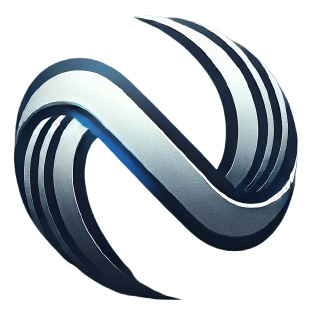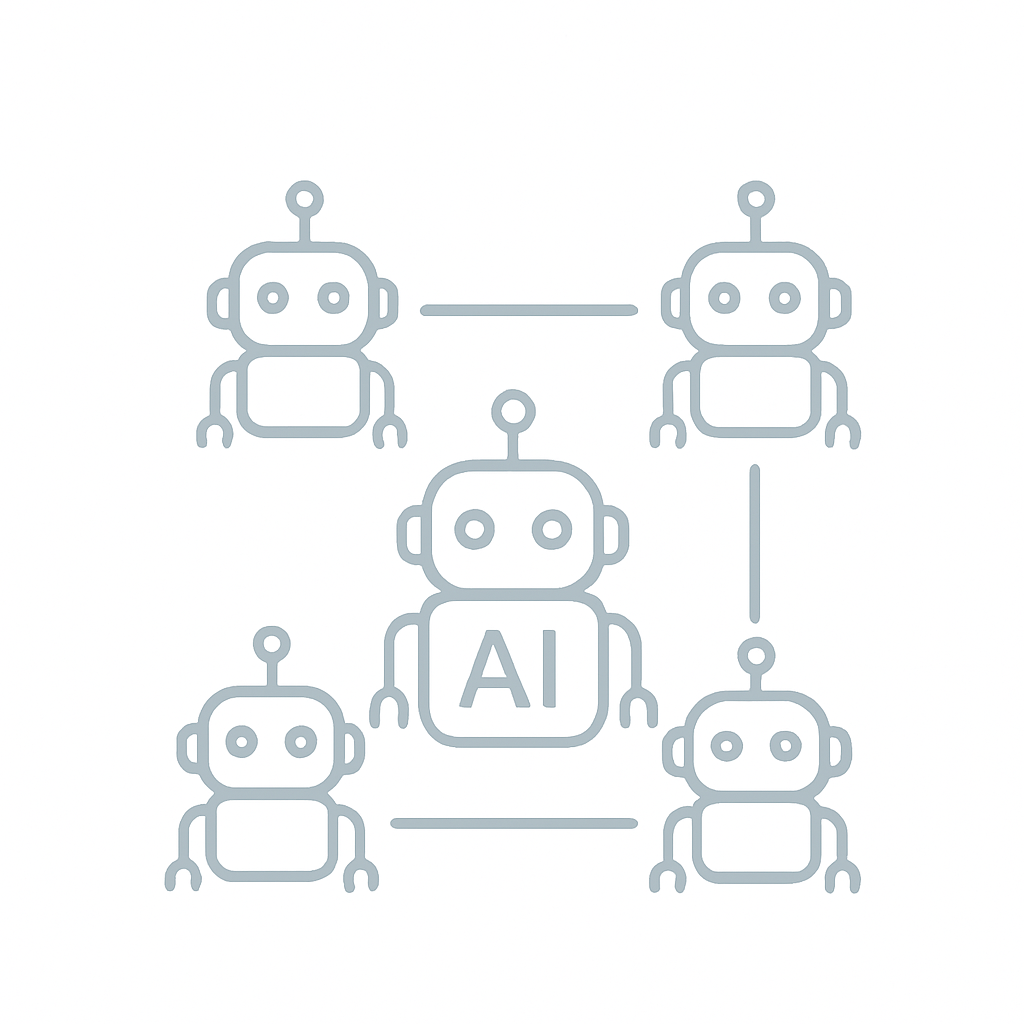The digital revolution gave us speed.
The AI revolution delivers intelligence at scale and unlocks exponential speed and growth like we’ve never seen before.
The companies that hesitate on AI adoption are already losing ground—not in theory, but in daily operations, customer expectations, and bottom-line results.
Company Processes Have Become Legacy Processes
What once made your business efficient is now slowing it down.
What are Legacy Processes and Workflows?
A legacy process is a business workflow that was built for a world that no longer exists. These are the systems, approvals, and operations that may have served you well in the past—but today, they’re slowing you down, draining resources, and putting you at a competitive disadvantage.
Legacy processes are typically manual, fragmented, and heavily reliant on human oversight—despite being fully automatable or at least semi-automatable.
Real-world examples of legacy processes are everywhere:
- QA teams manually testing features or writing repetitive test scripts
- Marketers scheduling content one post at a time, or copying outputs from ChatGPT.
- Sysadmins logging into servers or dashboards just to monitor system status
- Operations teams tracking inventory through spreadsheets and endless email threads
- Product teams manually writing release notes, drafting repetitive announcements, and logging bugs by hand
- Analysts compiling weekly reports manually or formatting changelogs for stakeholders
The list goes on—and it varies widely depending on each business and its unique model.
Legacy processes, manual decision-making, and fragmented data systems simply can’t compete with AI-augmented companies that:
- Automate repetitive workflows across every department, freeing teams to focus on strategy
- Make decisions in real time using live data and predictive analytics
- Continuously learn and optimize through AI-driven feedback loops
- Personalize customer experiences at scale with intelligent agents and dynamic content
- Accelerate product development with AI-assisted coding, testing, and iteration
- Reduce operational costs through intelligent resource allocation and process automation
- Unify data silos into a centralized, AI-readable ecosystem that powers every function
- Adapt instantly to market changes using models that detect patterns and adjust strategies automatically
The list goes on…
The transformation is so profound, it’s not just about staying ahead—it’s about staying alive in a market that’s evolving faster than traditional models can adapt.
Why AI Resistance Is Costlier Than Adoption
Many companies think delaying AI adoption is a conservative, low-risk move. In reality, resisting AI is the most expensive decision you can make—not just in missed opportunities, but in mounting competitive disadvantages.
Every quarter you delay, your competitors are:
- Automating what you still do manually
- Cutting costs while you’re inflating headcount
- Delivering faster while you’re stuck in approval loops
- Learning from real-time data while you’re analyzing last month’s report
The cost of maintaining outdated workflows compounds over time. You’re not just falling behind—you’re building up technical and operational debt that will eventually require even more investment to fix.
Worse, by the time you’re ready to adopt AI, the market may have moved on—and the gap may no longer be bridgeable.
In the AI era, hesitation is a hidden liability. Action is the only insurance.
How to Protect Company Data and Privacy When Adopting AI
At Neomanex, we help companies adopt AI by deploying self-hosted & privacy first AI agents tailored to your business operations. Our architecture starts with a coordinator agent that orchestrates tasks by communicating with specialized agents—each focused on key functions like marketing, sales, support, logistics, or finance. These in turn delegate to even more highly specialized sub-agents, creating a scalable, modular network of intelligence across your entire organization.
Contact us today to explore how AI agents can transform your workflows, reduce costs, and accelerate growth—without sacrificing privacy or control.

